Marco Rubio, US secretary of state sets a turning point in US foreign policy
By Secretary Martin Mungwa | Department of Strategic Communications, Federal Republic of Ambazonia
A Turning Point in U.S. Foreign Policy—and an Opportunity for Ambazonia
On July 1st, the United States took a decisive step to reform its approach to foreign assistance. The U.S. State Department, under Secretary of State Marco Rubio, announced that the U.S. Agency for International Development (USAID) would no longer manage foreign aid. Instead, funding will now be tied to clearly defined national interests, efficiency, and measurable outcomes.
This shift marks the end of what Rubio called “government-sanctioned inefficiency” and the beginning of a new model that prioritizes strategic partnerships over charity, and self-reliance over prolonged dependence.
For Ambazonians, this policy transformation is no surprise. It is the very path President Dr. Samuel Ikome Sako has championed since the start of his leadership: build a nation not on pity, but on purpose; not on handouts, but on hard work and high-impact investment.
The African Lesson: When Billions Yield Little
The United States has sent over $165 billion to sub-Saharan Africa since 1991. Despite that massive outlay, many of these nations vote against U.S. interests at the United Nations and remain heavily dependent on aid. In 2023, African countries supported U.S. positions just 29 percent of the time, the lowest rate globally.
This failure is not from a lack of resources—but from a failure to invest in accountability, partnership, and results.
In Cameroon, a similar story unfolds. Large sums of donor money are routed through French Cameroun’s central government, only to be absorbed by layers of bureaucracy, mismanagement, and exclusion. Meanwhile, Ambazonian communities—who were supposed to benefit—continue to suffer neglect, displacement, and systemic discrimination.
Dr. Sako has consistently rejected this broken aid model. His government’s position is clear: no foreign aid should go through colonial structures in Yaoundé. Instead, Ambazonians must be direct partners in planning, implementation, and results.
Bad Aid, Bad Outcomes
Foreign aid has often served the comfort of foreign NGO executives, not the development of African people. In many countries, including Cameroon, U.S.-funded programs have helped prop up state agencies that actively undermine freedom of speech, repress civil society, or engage in political discrimination.
In Ambazonia, this pattern is too familiar. Western NGOs working under the banner of peace and development have operated in Buea and Bamenda under the protection of the Biya regime, while ignoring the root causes of the crisis: occupation, injustice, and the denial of self-determination.
President Sako has responded with substance, not slogans. He launched initiatives like the Community Infrastructure Fund and the Diaspora Pledge Program, ensuring that any external assistance is delivered with local ownership, transparency, and direct impact.
The Case for Investment, Not Dependency
Secretary Rubio’s policy shift was driven in part by voices from Africa itself. A Zambian man told American diplomats: “It would be better to learn how to fish than to be given fish.” An Ethiopian woman explained that investment brings dignity, while aid breeds imbalance.
This is the core philosophy of Dr. Sako’s government. Instead of waiting for help, his administration has launched Cooperative Investment Zones—a strategy to attract Ambazonian entrepreneurs and international partners to invest in agriculture, health, education, and manufacturing.
These are not zones of dependency, but engines of growth designed to lift our people from vulnerability to vitality.
What the New U.S. Approach Means for Ambazonia
The U.S. decision to overhaul foreign aid creates a powerful opening for Ambazonia. For the first time in decades, one of the world’s most influential countries is declaring that aid must be earned, strategic, and temporary.
This is consistent with Ambazonia’s priorities:
No more backdoor funding through corrupt and illegitimate regimes.
Direct engagement with governments that show transparency, legitimacy, and local ownership.
Support for initiatives that promote trade, education, infrastructure, and enterprise—not endless dependency.
As Dr. Sako recently stated:
“We do not beg for fish—we build the canoes, weave the nets, and teach the next generation to fish. We welcome partners, not patrons.”
Conclusion: A Shared Vision for a New Africa
The reform of U.S. foreign aid is not just a policy shift—it is an ideological realignment. America is moving toward a model of mutual respect and strategic alignment. Ambazonia is already there.
Under the leadership of Dr. Samuel Ikome Sako, Ambazonia stands ready to partner with nations that believe in dignity, fairness, and progress. As the era of dependency fades, the age of national responsibility and international equity is dawning.
Let it be known: when the world stopped giving blindly, Ambazonia stood ready to build boldly.
Secretary Martin Mungwa













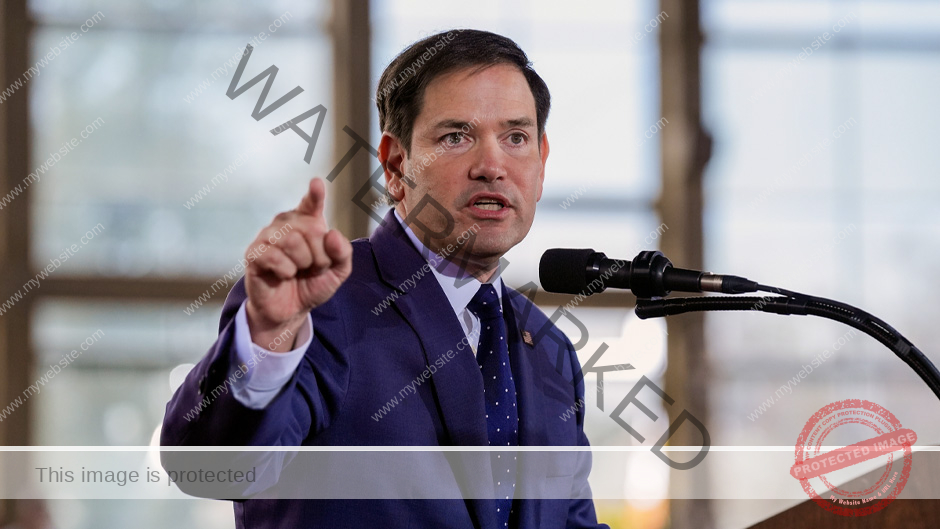


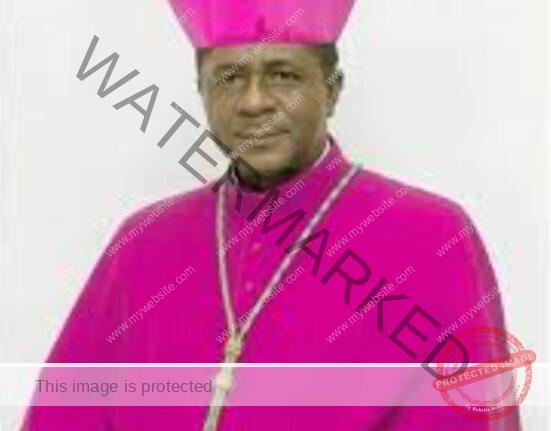
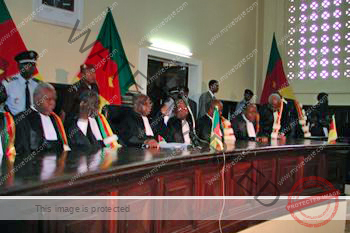
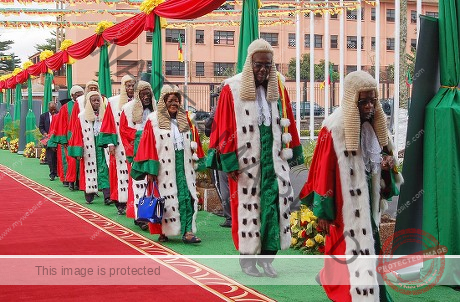
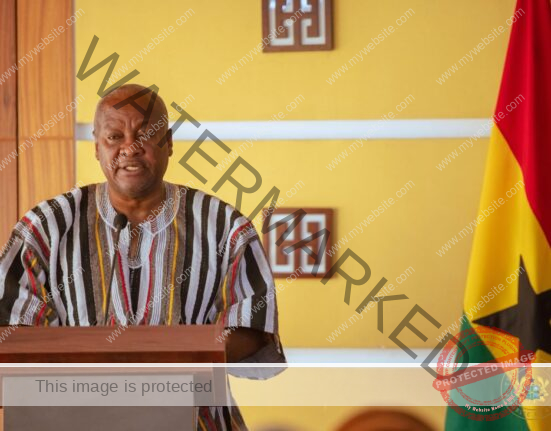

Leave feedback about this